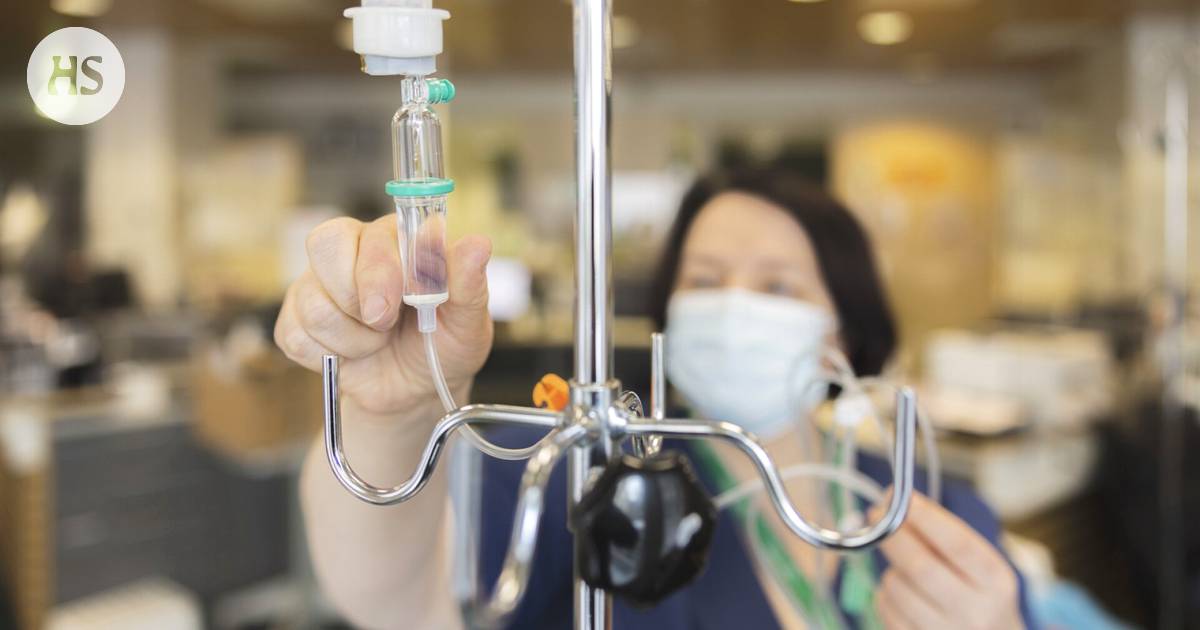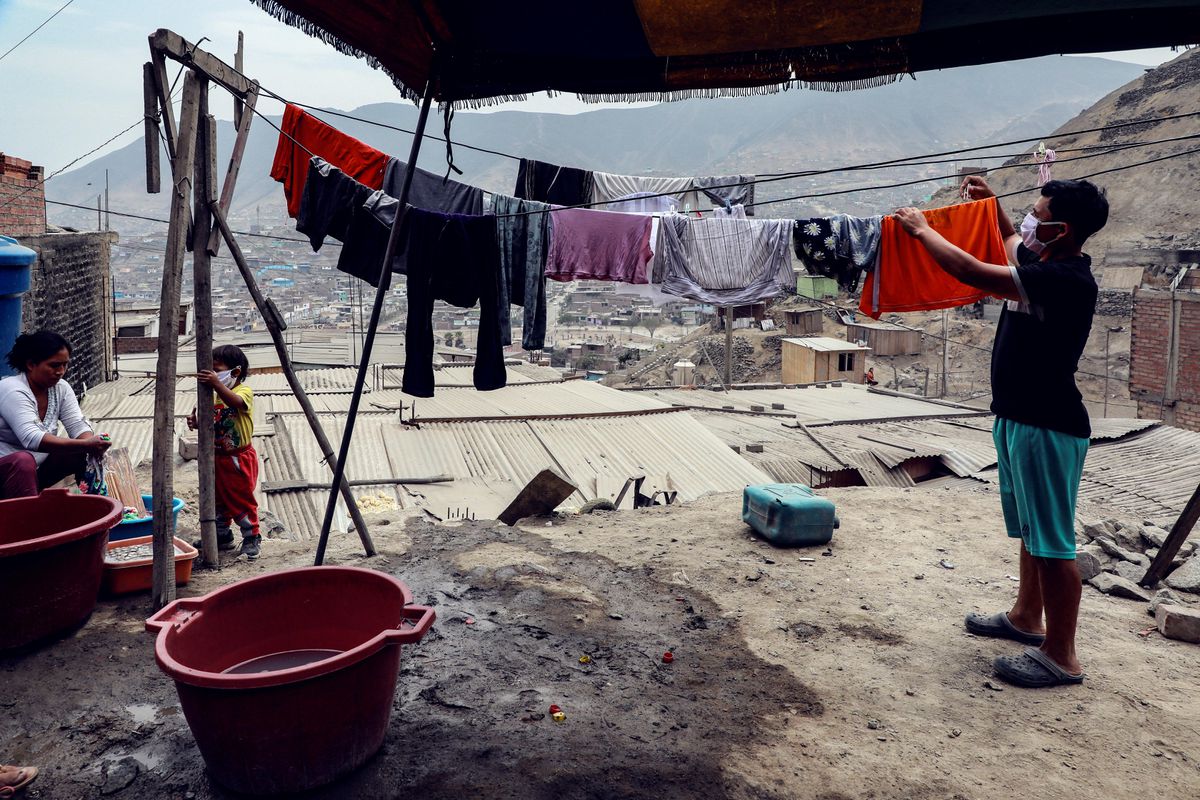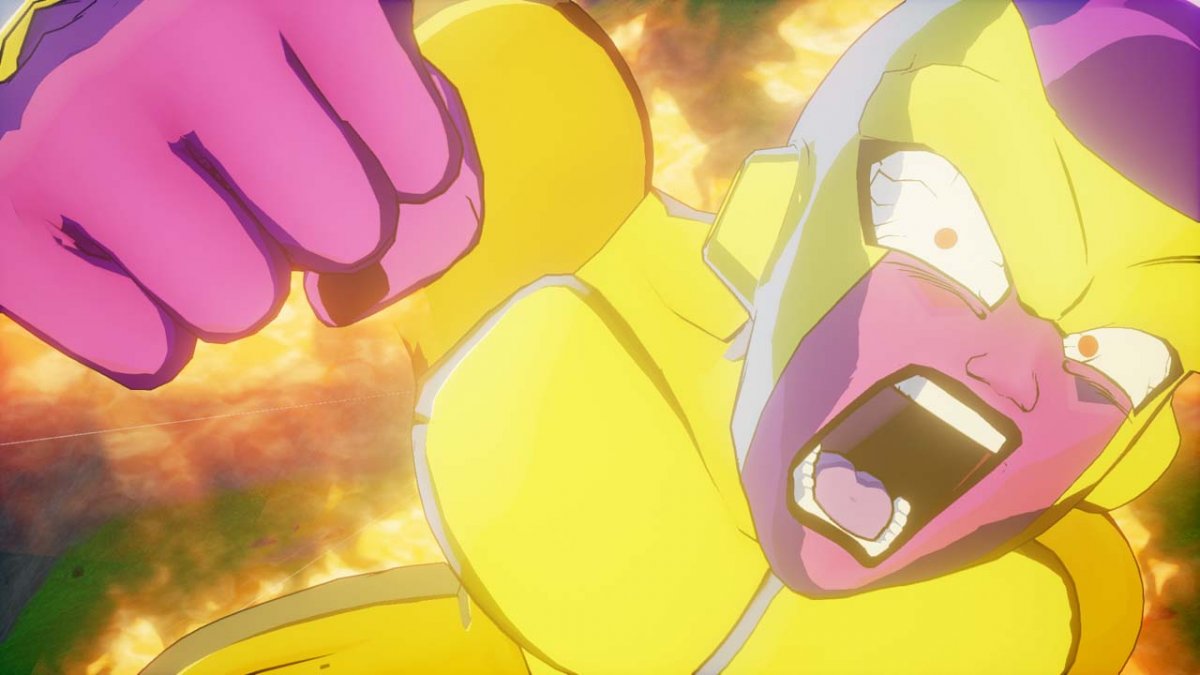Policy|Nurses’ strike
The regional government agency could assign a health care professional involved in a labor struggle to patient safety work for one week at a time under a penalty payment.
Caregivers The ongoing strike and strike warnings issued by other municipal employees have led the Ministry of Social Affairs and Health (STM) to prepare a patient safety law that would oblige strikers to work on patient safety.
STM has urgently prepared the draft law as a job during the weekend with the Ministry of Employment and the Economy and the Ministry of Justice.
On Monday morning, the STM held a hearing for the parties, and in the evening the Minister of Family and Basic Services Aki Lindénin (sd) led by the SOTE Ministerial Group.
HS got acquainted with the draft law. The purpose of the temporary law is to guarantee a minimum level of patient safety in situations where the staff remaining in employment would not be sufficient to protect the life or health of those in care.
The law would provide for special situations in which the life or health of patients is seriously endangered due to a shortage of personnel caused by industrial action.
The regional government agency could assign a health care professional involved in industrial action to patient safety work.
Regulation patient safety work would be temporary and last for a maximum of one week at a time. The order could be renewed.
Patient safety work would mean, among other things, intensive care, emergency care without which the patient’s state of health is seriously endangered, emergency care, childbirth, the necessary care required for long-term illnesses, and medical support services related to these treatments.
The order of the regional administrative agency could be strengthened by a penalty payment, but the decision of the regional administrative agency could be appealed to the administrative court.
Those assigned to patient safety work should be compensated for the work.
Patient safety work in addition, non-industrial health professionals could be assigned to unusual tasks or work in another unit of their employer.
The law would also provide that an employer may exceed prescribed or agreed working hours for health care professionals who do not participate in industrial action and are assigned to patient safety work.
The prescribed working hours could be exceeded for a maximum of two weeks.
However, deviations from the provisions of the Working Time Act should not endanger occupational safety or the health of the employee.
The draft law the explanatory memorandum states that, according to the information received from the regional administrations, the primary means of preparing for industrial action or protection work are not sufficient to ensure patient safety.
Despite the protection work, the industrial action has, according to the draft, hampered a number of critical functions, and in some cases treatment has had to be stopped altogether.
According to the proposal, the level of specialist care services has decreased so much that it has a significant impact on patient safety.
In addition, the nurse strike on April 15 is expanding from six to 13 hospital districts. At the same time, the number of participants would increase from 25,000 to 40,000.
The law would be in force during the industrial action, ie it would be temporary. It is intended to enter into force as soon as possible.
Nursing associations Tehy and Super state that “the government’s bill to ensure patient safety during the health care industrial action is a mockery of legislative work”.
According to the organizations, the proposal is based “only on the erroneous and unidentified information of the other party to the labor dispute about the inadequacy of the protection work”.
#Nurses #strike #law #force #caregivers #strike #work



/s3/static.nrc.nl/images/gn4/stripped/data114968659-fc3572.jpg)




